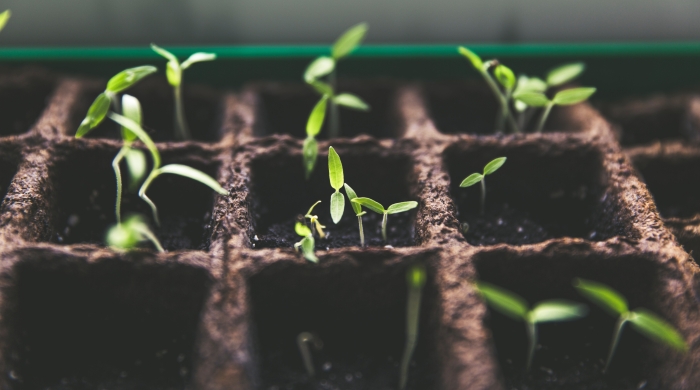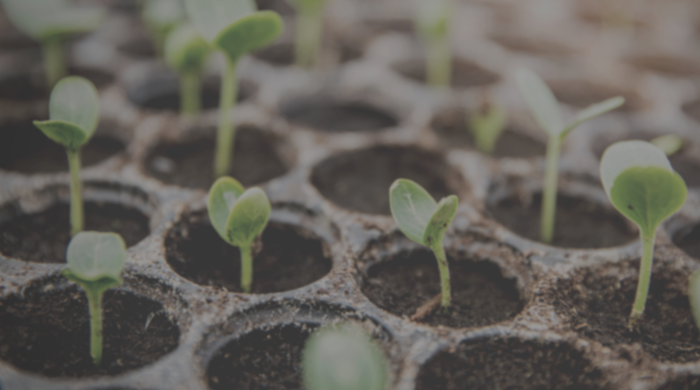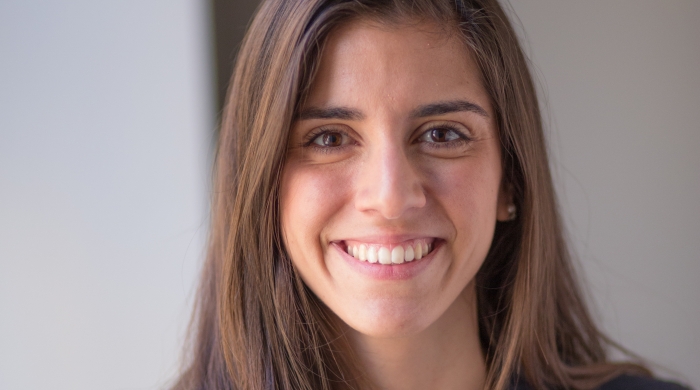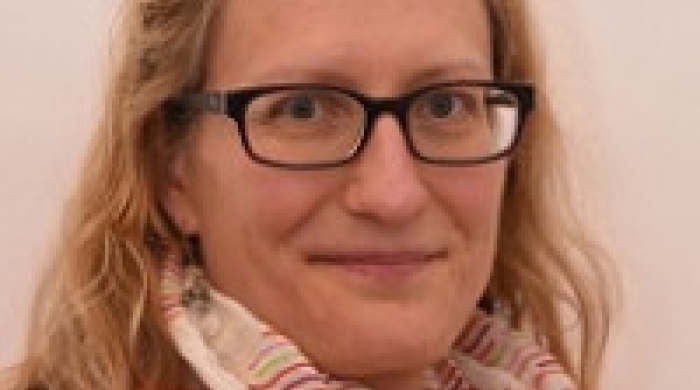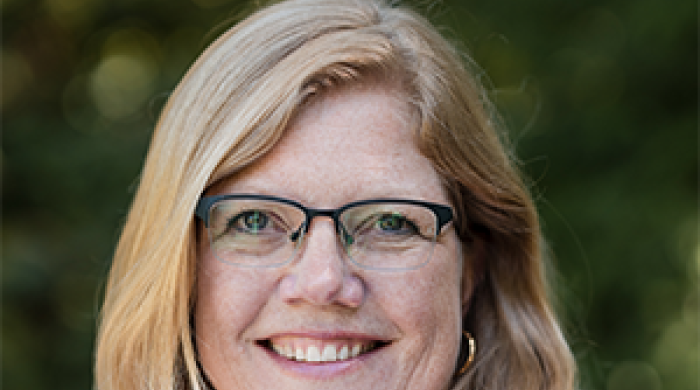
The IHDSC 2025-2026 Seed Award Program application is now closed.
Stay tuned for announcements on award decisions in Spring 2026 and our next call for applications in Fall 2026.
IHDSC is committed to funding new projects that bridge multiple domains of expertise, further the mission of the Institute, and demonstrate a commitment to innovative and equity-driven scholarly research. This includes, but is not limited to racial, economic, and social inequity across intersecting identities and systems in topic areas such as education, family income and employment, health, housing, immigration, and legal and welfare systems.
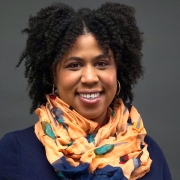
This Seed Award helped me become integrated with new community partners and has led to a larger application.
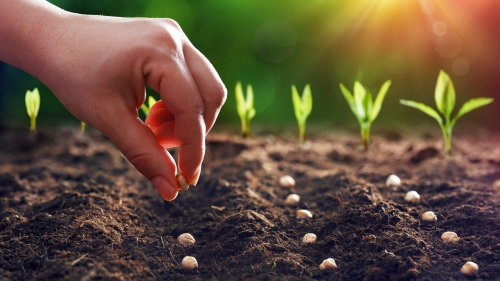
We provide seed funding to new interdisciplinary projects that seek to unravel inequality and expand opportunity. Projects are required to fit within one or more of our focus areas:
While not required, we are particularly interested in projects that:
- Center the voices, knowledge and experiences of individuals and communities most impacted by the inequities under study
- Include early-career investigators, BIPOC investigators, and/or investigators who are new to IHDSC or NYU
- Are interdisciplinary and/or represent the formation of new teams or collaborations
- Incorporate partnerships with community based organizations, non-profit organizations, NGOs, government agencies, or external groups focused on policy or practice
Obtaining pilot data is essential for submitting a successful proposal for larger grant funding. The IHDSC Seed Award allowed me the support necessary to continue to leverage resources and collaborations to gather more data, extend and deepen my relationships with my community partners.
Eligibility
- All full-time, tenure-track faculty members are eligible to apply. Research Scientists who have PI status are also eligible to apply.
- Those without PI status are encouraged to join a project team as a Co-investigator but cannot serve as a project lead.
- At least one of the investigators must be from one of the core schools affiliated with IHDSC:
- Proposals must draw upon theoretical and/or analytic approaches from multiple disciplines.
- Previous IHDSC seed grant awardees cannot re-apply for funding for the same project.
- A letter with the chair’s signature or review/approval from OSP is NOT required.
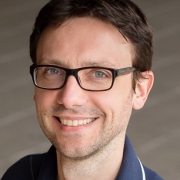
It was amazing to receive the resources to begin research on an important idea that would have been considered too "risky" at other agencies, at least at this early stage.
Evaluation
An interdisciplinary group of faculty reviewers will evaluate proposals based on quality, feasibility, and the following other criteria:
Proposed research projects must be interdisciplinary in nature. This criterion is often met by an investigator working collaboratively with one or more researchers in other disciplines, departments, or schools, where the theory and tools of two or more social science disciplines will be used.
Collaboration with faculty or researchers at NYU is strongly encouraged, but external collaboration is also acceptable. If partnering with an external policy or practice organization, it may be possible to meet the interdisciplinary criterion by including appropriate staff (i.e. Director of Research, Director of Evaluation) on the project.
Individual investigators are also eligible to apply, but applications should highlight plans for the investigator to incorporate theory, models, and methods commonly used in a discipline other than their “home" discipline.
Reviewers will evaluate whether the project is a fit within the theme, focus areas and funding priorities of IHDSC listed above.
A majority of research projects conducted at IHDSC include the study of human development in context or as a result of intervention across multiple sectors. Context(s) may include, but are not limited to, families, schools, neighborhoods, the workforce, the justice system, or the economy. Interventions may be at the individual- (e.g., person) or setting- (e.g., community or school) level.
This RFA is specifically targeted as “seed” or “pilot” support for projects that are large in scope, where faculty members hope to secure future external funding. High priority will be given to investigators with a well-articulated plan for submitting grant applications for external funding (with funders, deadlines, and submission requirements clearly specified).
Proposals will also be considered from investigators who have recently submitted a grant application through IHDSC to federal or foundation sources, but would benefit from support to complete preliminary analyses or pilot research to increase the likelihood of gaining funding for such efforts. Please note that seed award recipients will be required to submit related external proposals through IHDSC, or as collaborative proposals through IHDSC and another unit at NYU.
Priority will be given to investigators with articulated plans for disseminating project findings, and with projects that have a high likelihood of informing a diverse group of academic, policy, practitioner, and/or community audiences. As mentioned above, IHDSC also prioritizes projects that center the voices, knowledge and experiences of individuals and communities most impacted by the inequities under study. Successful applicants will be expected to engage with the Institute’s intellectual community, give at least one presentation about the project at an IHDSC event, or contribute to IHDSC’s blog, On the Ground.
Grantee Expectations & Benefits
- Participate in IHDSC-sponsored activities whenever possible and engage in the Institute’s intellectual community
- Meet with IHDSC staff to discuss external funding possibilities and plan for future proposals. Awardees will be expected to submit proposals for external support for the project through IHDSC. Collaborative submissions between IHDSC and other units at NYU may also be a possibility and should be discussed with center staff
- Contribute content to IHDSC’s blog, On the Ground, or give a presentation about the project to the IHDSC community
- Alert Institute staff of any external publications or media coverage resulting from the project and acknowledge the Seed Award in any publications or presentations.
- Sign off on financial reports generated by center staff and NYU's central accounting office
- Sign a letter agreeing to meet award requirements
- Receive an invitation to participate in NYU's Strategies to Reduce Inequality initiative
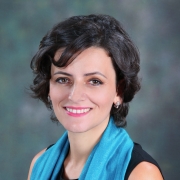
Much of my work has been international, focusing on historical narrative, intergroup conflict, and social change. The seed grant gave me the opportunity to start extending my work to the issues of inequality, collective action, and social change in the United States.
How to Apply
Applications will be submitted via the NYU InfoReady portal during the application period. Applicants will be prompted to enter personnel and project information into text fields within the portal and will also be required to upload PDF attachments. A summary of required sections is as follows:
1. Personal Details: Applicant name and contact information (Text fields)
2. Key Collaborator Information: Include names, affiliations, and project titles (e.g. Co-PI, Co-I, Advisor) for key members of the project team (Text fields)
3. Proposal Title (Text field)
4. Proposal Abstract: Up to 250 words (Text box)
5. Project Period: Enter a start and end date. Projects are typically 18 months. The earliest possible start date is May 2026. (Text field)
6. Human Subjects Information: (Dropdown question and text box)
All funded proposals that include the participation of human subjects as part of their research design must be reviewed and approved by the New York University Committee on Activities Involving Human Subjects (UCAIHS). Please indicate in the provided InfoReady fields whether human subjects will be involved in your research, and if so, the status of your human subjects application. Approval is not required at the time of application submission, but will be required before any project activities involving human subjects can start.
7. Project Description (Attachment)
The project description should be 3 to 5 single-spaced pages including all pictures, graphs, and tables. References should be included within this attachment as well, but will not count toward page limits. Please be succinct, avoid jargon, and spell out acronyms when used for the first time.
In addition to the evaluation criteria outlined above, please include responses to the following sections within your proposal:
- Program overview and design: Please describe the project’s scope, size, and components. What methodology will you employ? How is your program multidisciplinary? What is the project’s duration and timeline?
- State of knowledge: What impact might the project have on the progress or state of knowledge in its field?
- Statement of potential impact: What impact might your project have both at NYU and in the wider community? Please feel free to describe various types of impact, including scholarly impact, social and community impact, and policy/practice impact.
- Plans for future study: How will the requested Seed Award funding contribute to your longer term research, impact, and funding goals?
- Availability of funding: List all funders to which you plan to submit a proposal resulting from this project and the estimated date of submission. If you have already submitted a proposal, explain why this award will be critical to your success in gaining additional funding for this line of research. NOTE: Funding from IHDSC will not be awarded for work that clearly duplicates work previously funded through other mechanisms, nor is this mechanism intended to support activities on current/ongoing projects.
8. Curriculum Vitae or Biosketch (Attachment)
Include CVs or Biosketches for any named investigators or key personnel involved in the proposed project as one combined file. Examples include Principal Investigator, Co-Principal Investigator, Co-Investigator, or Technical Advisor. Each CV or Biosketch should be 10 pages or less.
9. Budget (Attachment)
Awards typically range from $10,000 - $15,000, and will not exceed $20,000. Funds cannot be used to support faculty effort. Budgeted expenses may include wages for student assistants, fringe benefits, travel related to data collection, fieldwork expenses, subject incentives, consultation, hourly assistance, etc. A budget template will be available on the online portal. Please prepare your budget in the template that is provided and convert to PDF before uploading.
10. Letters of Support (Attachment)
Feel free to include letters of support from any external partners or data collection sites (OPTIONAL).
The IHDSC 2025-2026 Seed Award Program application is now closed.
Stay tuned for announcements on award decisions in Spring 2026 and our next call for applications in Fall 2026.

Hear from recent recipients about what their Seed Awards have meant to them and what advice they have for future applicants.
Read our Seed Award Testimonials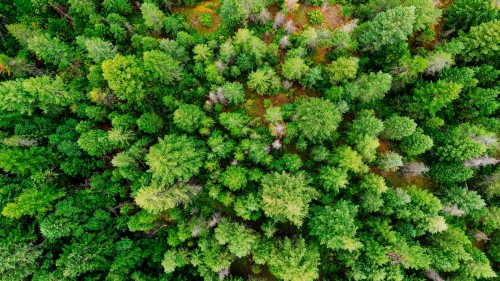
Recent Seed Award Recipients
2024-2025 IHDSC Seed Award Recipients
IHDSC is pleased to announce our recipients for the 2024-2025 Seed Awards! Learn about our awardees and their projects.
2023-2024 IHDSC Seed Award Recipients
IHDSC is pleased to announce our recipients for the 2023-2024 Seed Awards! Learn about our awardees and their projects.
2022-2023 IHDSC Seed Award Recipients
IHDSC is pleased to announce our recipients for the 2022-2023 Seed Awards! Learn about our awardees and their projects.
Seed Award Stories
Luis A. Rodriguez Selected as a 2023 National Academy of Education/Spencer Postdoctoral Fellow
We are pleased to announce that Dr. Luis A. Rodriguez, Assistant Professor of Education Leadership and Policy Studies in the Department of Administration, Leadership, and Technology, has been selected as a recipient of the 2023 National Academy of Education/Spencer Postdoctoral Fellowship!
Analysis Shows Rise and Fall of Angry, Fearful Tweets with Passage and Implementation of Philadelphia Beverage Tax
Researchers found posts about the tax shifted from anger to acceptance, reflecting factors including media coverage and lawsuits.
Q&A: Dr. William Tsai
Dr. William Tsai (NYU Steinhardt) is a two-time IHDSC Seed Award recipient. On the Ground interviewed him to spotlight his 2019 project, “Helping Oneself by Helping Others: Testing the Feasibility of a Narrative Intervention for Chinese American Cancer Survivors.”
Q&A: Dr. Stephanie Cook
Dr. Stephanie Cook (NYU School of Global Public Health) spoke with On the Ground about her 2020 Seed Award project, “Optimizing a Daily Mindfulness Intervention to Reduce Stress from Discrimination among Sexual and Gender Minorities of Color.”
Seed Award Spotlight: Dr. Susannah Levi
In 2019, Drs. Susannah Levi and Daphna Harel received a seed award for their project, "High Variability Phonetic Training as a Mechanism for Improving Underlying Reading Skills in School-Age Children." Read about what came from the project, how COVID-19 impacted research, and what else might grow out of their seed award.
Seed Award Spotlight: Drs. Maaike Bouwmeester and Shilpa Sahay
Drs. Maaike Bouwmeester and Camilla Matuk received seed funding for their project, "Designing Frameworks for Multimedia Use in Informal STEM Programs for Young Learners." Dr. Bouwmeester and collaborator Dr. Shilpa Sahay discussed their nonprofit partnership and how their seed award served as a springboard for future research.
Stay Connected to IHDSC
Be the first to know about funding opportunities like this, events, blog posts, news, and more!
Sign up for emails Follow us on Twitter Follow us on LinkedIn

